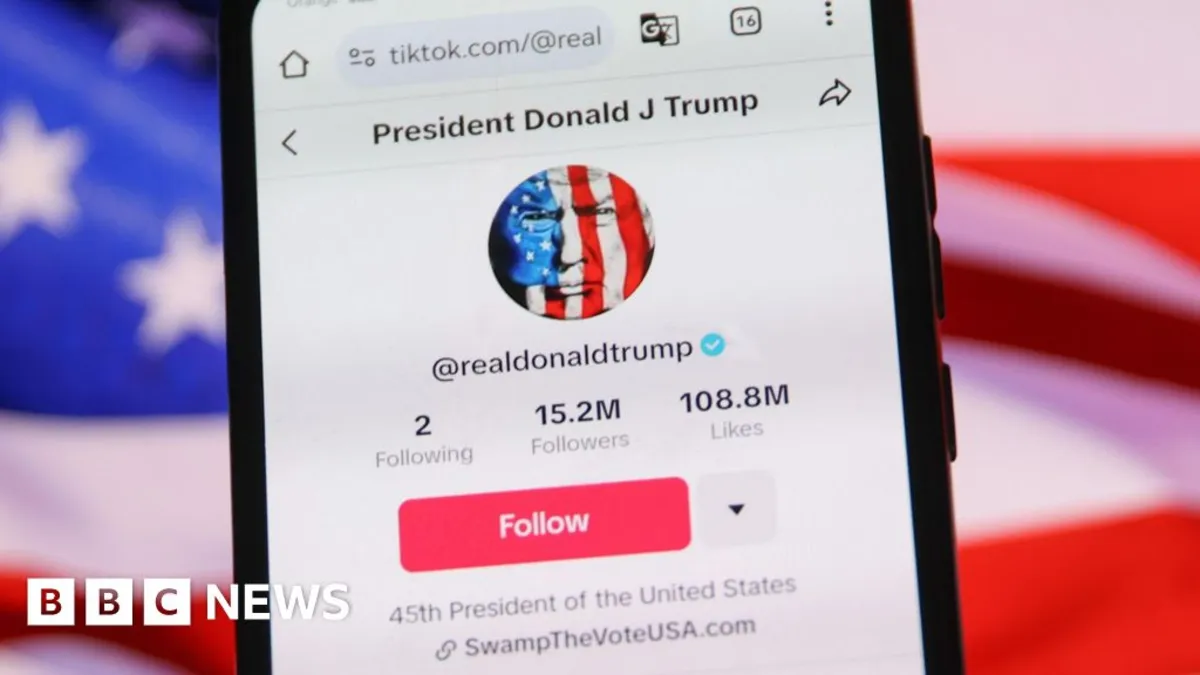
In a recent statement, US President Donald Trump indicated that he may consider cutting tariffs on China as part of negotiations to finalize the sale of the short video app TikTok, currently owned by ByteDance. Trump’s remarks came as he expressed willingness to extend the approaching deadline of April 5 for a non-Chinese buyer to be identified.
In January, Trump postponed the enforcement of legislation enacted under the Biden administration aimed at banning TikTok due to national security concerns. This law, signed in 2024, mandates that TikTok either be sold to an American company or face a ban in the United States. "With respect to TikTok, China is going to have to play a role in that, possibly in the form of an approval," Trump told reporters. He is optimistic about reaching a preliminary agreement by the April 5 deadline.
During his press conference, Trump hinted at the possibility of offering a reduction in tariffs to expedite the TikTok deal. "Maybe I'll give them a little reduction in tariffs or something to get it done," he stated. His comments came in the wake of announcing new import taxes of 25% on all cars and auto parts entering the US, a move that could escalate the ongoing global trade war.
The most significant hurdle in finalizing the sale of TikTok, valued at tens of billions of dollars, has been obtaining the necessary agreement from Beijing. Trump has previously leveraged tariffs as a strategy to push for a favorable TikTok agreement. On January 20, the first day of his return to the White House, he threatened additional import duties on China if they did not approve the TikTok deal.
Despite past calls for banning the app during his first presidential term, Trump has now embraced TikTok, amassing over 15 million followers on the platform. He has reported billions of views on his TikTok content throughout his presidential campaign, highlighting the app's popularity among the approximately 170 million American users.
Separately, this month, the US increased tariffs on all imports from China to 20%, effectively doubling the tariffs imposed by Trump on February 4. In response, China announced its own tariffs, including a 10-15% tax on certain US agricultural products. The Chinese government has also targeted various US sectors, such as aviation, defense, and technology, by adding them to an unreliable entity list and implementing export controls. The 10% tariff has since doubled to 20% as of March 4.
Amid these tensions, China has urged the US to resume dialogue as soon as possible. As the TikTok saga unfolds, the outcome will likely have significant implications for both nations and the global economy.